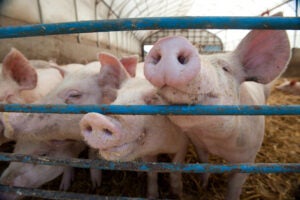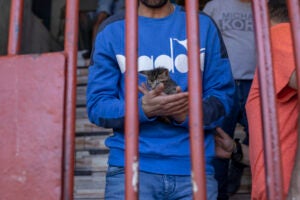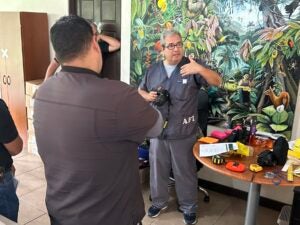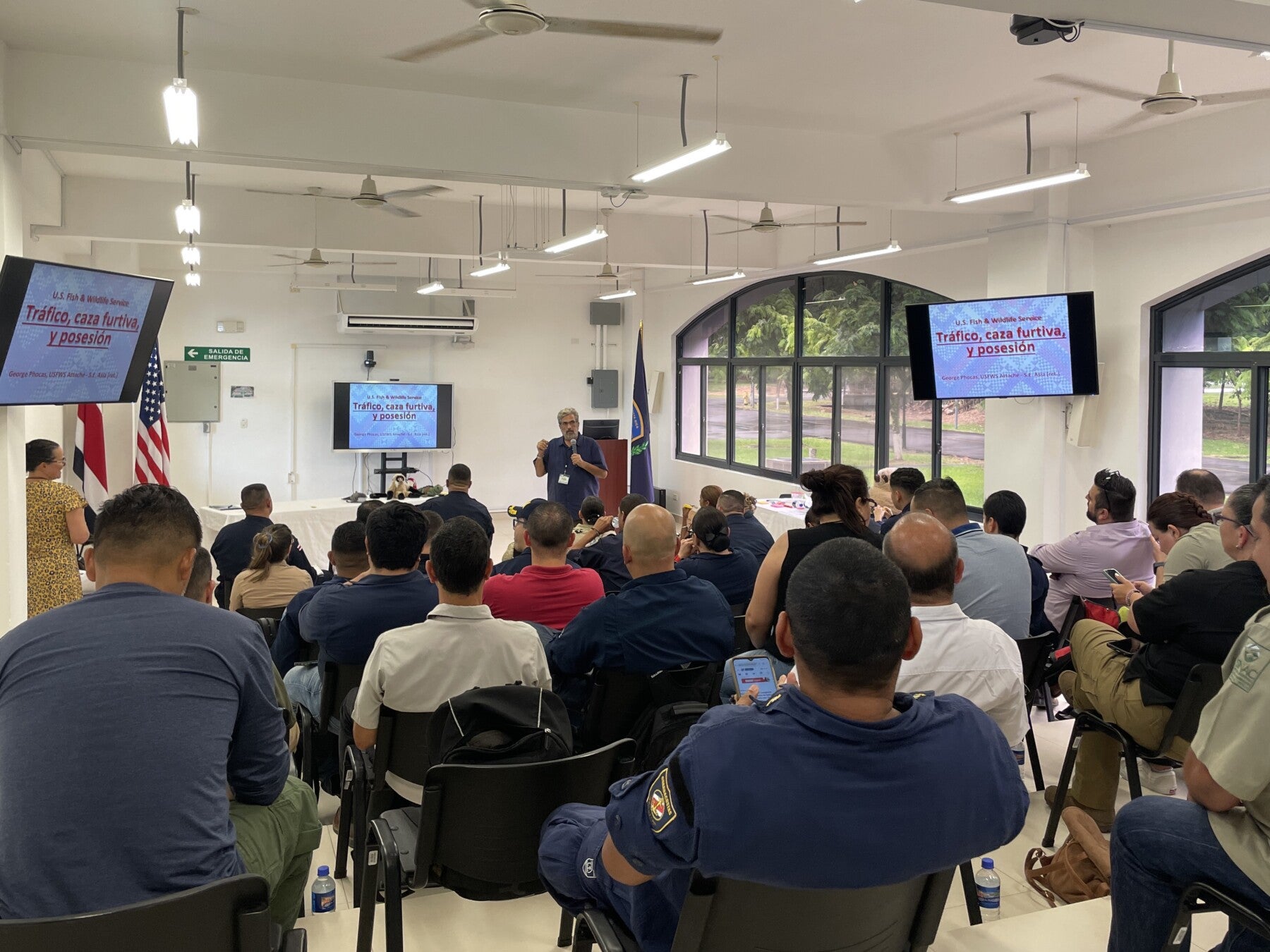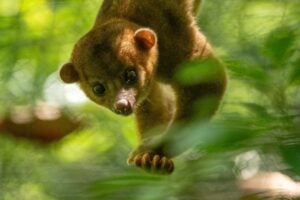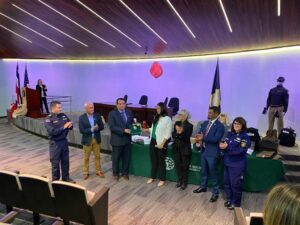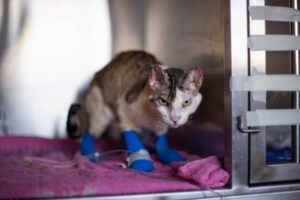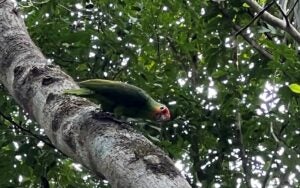
SANTIAGO, Chile—after a multi-year campaign by Humane Society International and ONG Te Protejo, cosmetic animal testing as well as the manufacturing, import and marketing of cosmetics tested on animals elsewhere in the world has been officially banned in Chile. This followed a unanimous vote by the full Senate session chaired by Juan Antonio Coloma on Dec. 20.
The Bill was further supported by the Animal-Free Safety Assessment Collaboration—a global initiative that brings together corporate and non-profit leaders, including Lush, Unilever, Avon, L’Oreal, Procter & Gamble, the Chilean cosmetics industry association Camera Cosmetica, and other cosmetic and chemical manufacturers.
“Thanks to the passion and determination of animal loving consumers, progressive beauty brands, and politicians across the globe who share our desire for a cruelty-free world, animal testing for cosmetics has been banned in 45 countries,” said Daniela Benavides Sanchez, Humane Society International country director for Chile. “HSI and our partners have been instrumental in securing many of these bans, including in Brazil, Mexico, Canada, India, South Korea and Australia. Today we are delighted to welcome Chile to this list of nations and commend Juan Antonio Coloma and members of Senate for making the landmark legislation a reality.”
“This is a milestone for our organization and for animals. Thanks to this initiative, countless animals will be saved from unnecessary cruelty in Chile,” stated Nicole Valdebenito, director of awareness and advocacy at NGO Te Protejo. “In addition to suffering, these experiments are outdated compared to new methods that do not require living beings.”
“This is a historic step forward thanks to the determined support of Te Protejo and Humane Society International,” said Senator Juan Luis Castro, president of the Health Commission. “We are pleased that we have taken a step in the right direction for animal protection so that cosmetics will never be tested on animals again in Chile.”
The launch of HSI’s stop-motion animated short film #SaveRalph—the heartbreaking story of a rabbit “tester” who was brought to life by a star-studded multinational and multilingual cast—influenced legislative momentum and garnered the support of the national cosmetics industry association, Camera Cosmetica and the Institute of Public Health. Upon its launch in 2021, the HSI film went viral worldwide, with more than 150 million social media views, over 865 million tags on TikTok, and generated more than 300,000 petition signatures in Chile.
ENDS
Media contact: Emily Ehrhorn, senior specialist for media relations at HSUS, eehrhorn@humanesociety.org ; +1 2027791814

